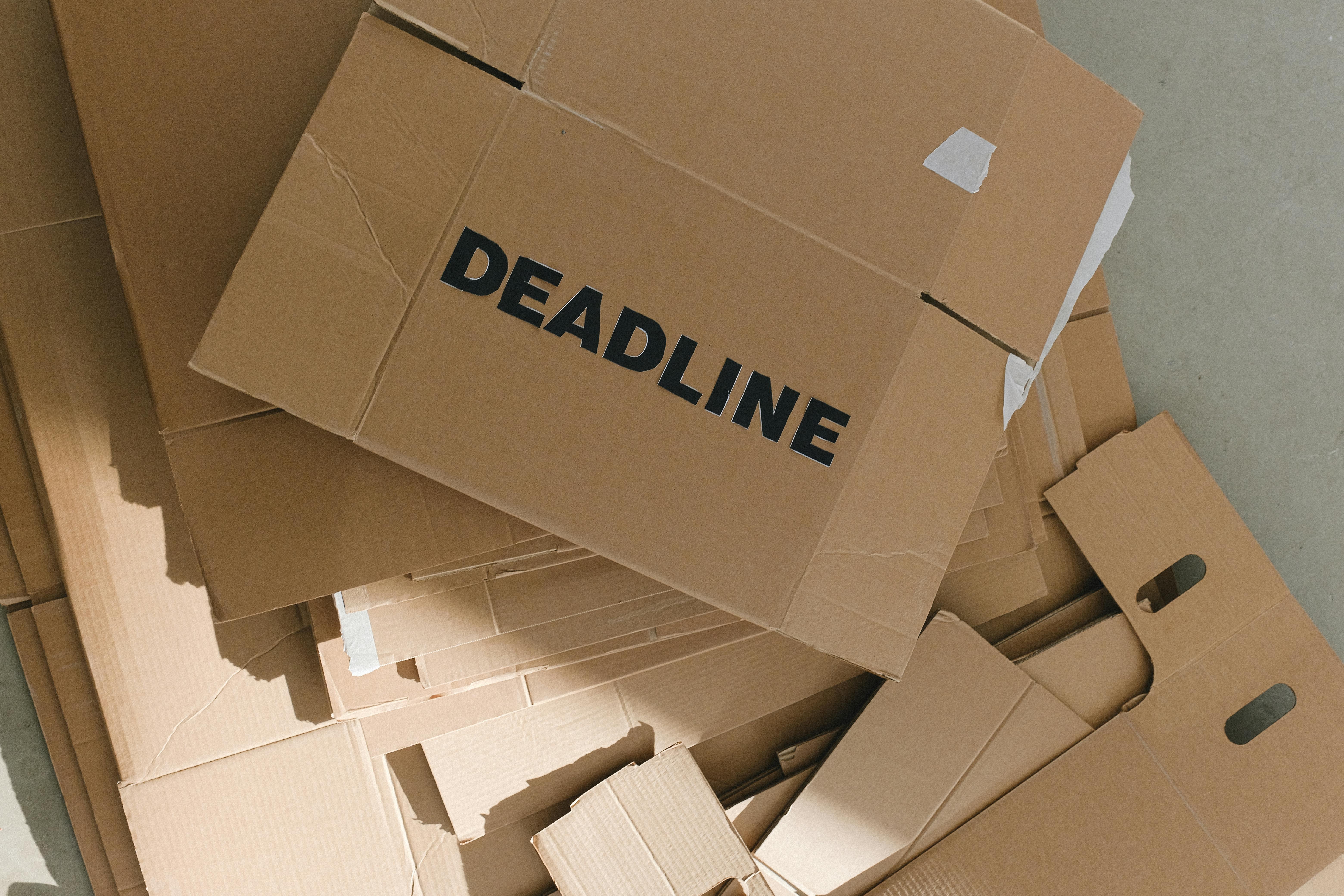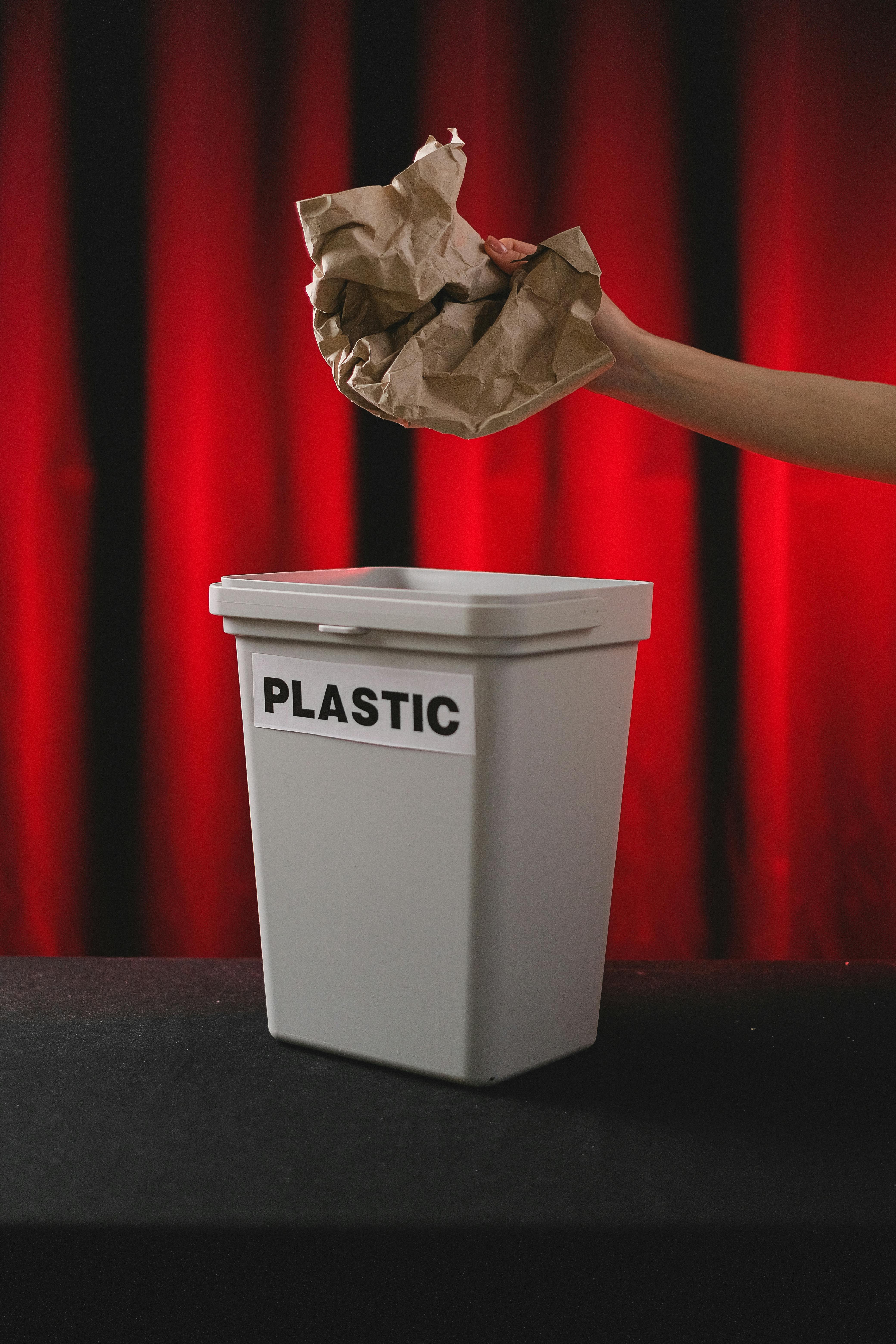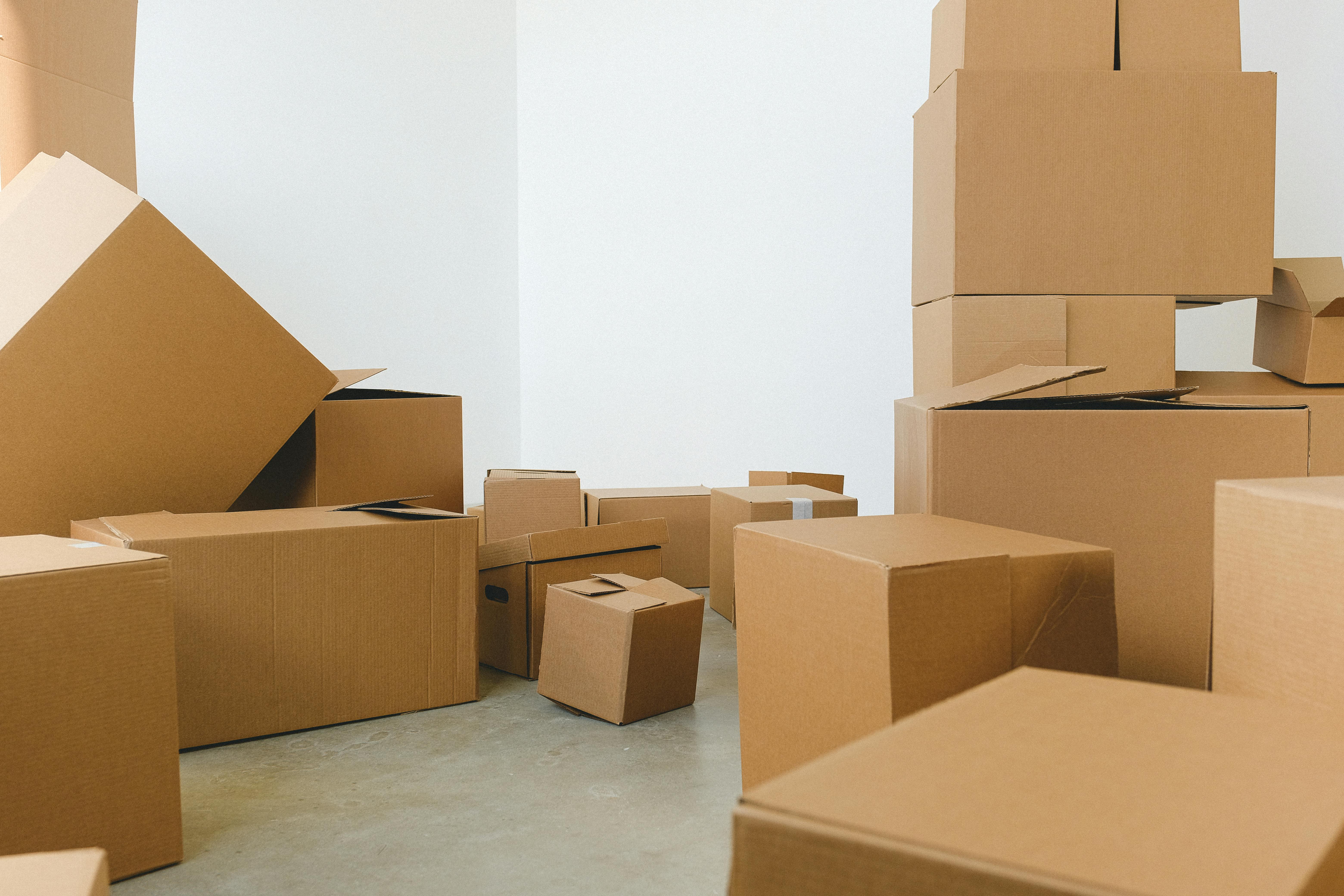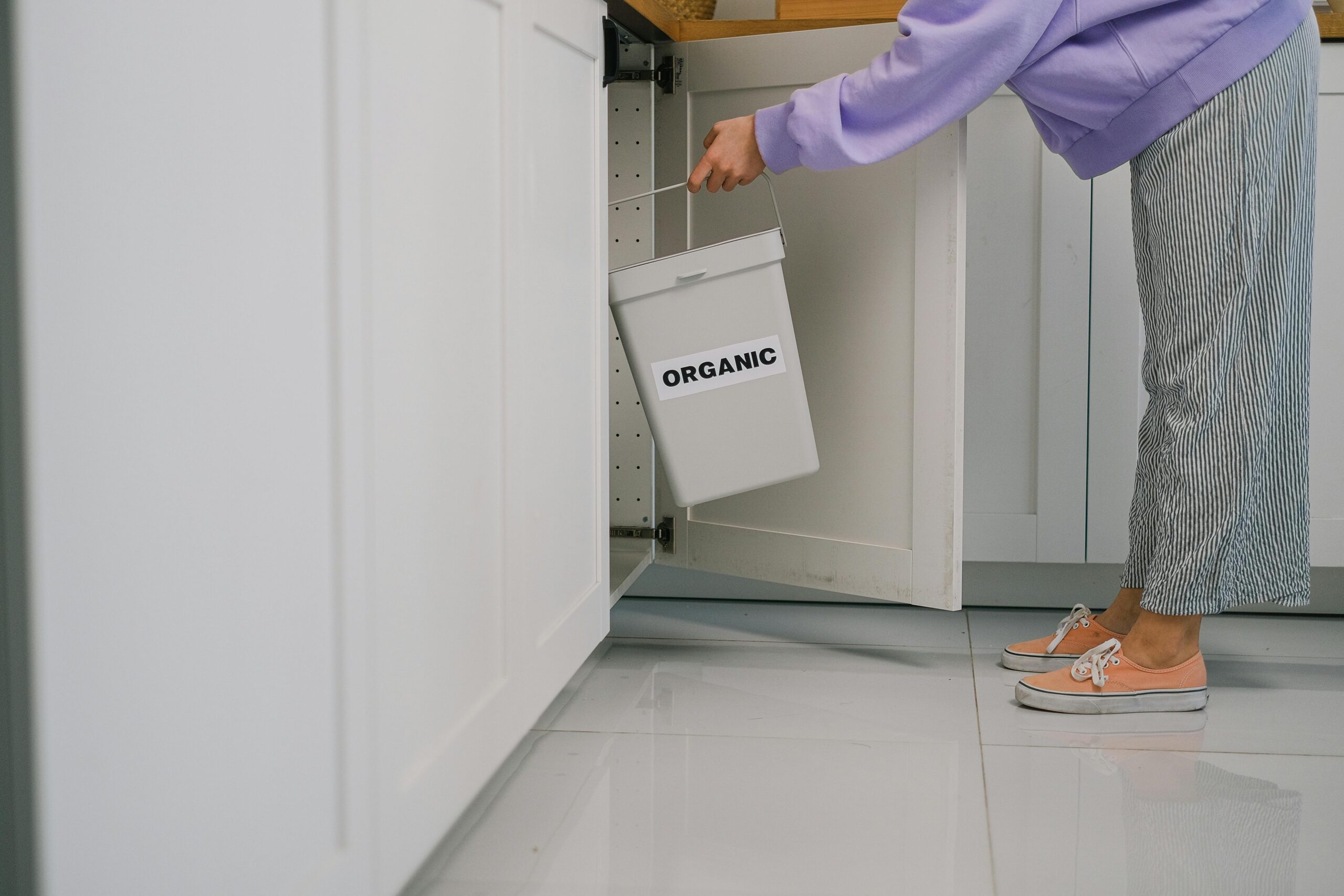Are you tired of running into Windows 11 Recycle Bin size limit issues, leaving you with inadequate storage control? You’re not alone! Many users find that the default settings of Windows 11 can be restrictive, limiting the amount of deleted files that can be stored. This can be frustrating, especially if you frequently delete files and want to ensure that you don’t lose anything important. In this article, we’ll explore how to fix Windows 11 Recycle Bin size limit and give you the freedom to manage your storage more effectively.
Imagine being able to customize your Recycle Bin size to meet your specific needs! With just a few simple steps, you can enhance your storage control and ensure that you never miss out on recovering vital files. We’ll guide you through the process of adjusting the Recycle Bin size limit so you can reclaim valuable disk space and streamline your digital organization. Are you ready to take charge of your file management? Unlock the full potential of your Windows 11 system by following our expert tips and tricks!
In the following sections, we will delve deeper into the methods of altering the Recycle Bin settings to suit your needs. Whether you want to increase its capacity or simply understand how it works, this guide will provide you with all the necessary information. Don’t let the Windows Recycle Bin size restrictions hold you back any longer! Discover the solutions to this common problem and regain control over your files today. Keep reading to learn how to fix the Windows 11 Recycle Bin size limit effectively!
Unlock Your Storage Potential: How to Adjust Windows 11 Recycle Bin Size Limit for Maximum Efficiency

Are you tired of running out of space on your Windows 11 device? Maybe you’ve noticed that your Recycle Bin fills up way too fast, making it hard to manage your storage effectively. Well, you’re in luck! In this article, we will explore how to adjust the Recycle Bin size limit in Windows 11, giving you more control over your storage and helping you unlock your storage potential. By fixing Windows 11 Recycle Bin size limit, you can ensure your system runs more efficiently.
Understanding the Recycle Bin
The Recycle Bin is not just a simple trash can; it plays a crucial role in managing files you think you might need later. When you delete a file, it don’t disappear immediately. Instead, it gets moved to the Recycle Bin, where it can be restored if needed. However, the Recycle Bin has a size limit. Once it reaches its capacity, the oldest files are deleted to make room for new ones. This can lead to losing important data if you not paying attention.
Why Adjust the Size Limit?
- Prevent Data Loss: If the Recycle Bin is too small, you risk losing files you might want to recover. This is especially true for larger files that could fill up the bin quickly.
- Improve Storage Management: A larger Recycle Bin allows for better management of your files. You can keep more items temporarily before deciding to permanently delete them.
- Efficiency: Having control over how much space the Recycle Bin can use helps in maximizing the overall efficiency of your storage system.
Steps to Fix Windows 11 Recycle Bin Size Limit
Adjusting the size of your Recycle Bin is a simple process. It requires just a few steps. Here’s how you can do it:
- Right-click on the Recycle Bin icon on your desktop.
- Choose Properties from the context menu.
- You will see a window with several options. Here, you can see the current size limit set for your Recycle Bin.
- Select the drive (C: or others) you want to adjust the size for.
- Now, you can either set a percentage of the drive or a specific size in MB. More space means more files can be kept.
- Click Apply and then OK. You’re done!
Quick Tips for Managing Storage
- Regularly Empty the Recycle Bin: Make it a habit to empty the Recycle Bin regularly. This will help you maintain your storage space efficiently.
- Use Disk Cleanup: Utilize the built-in Disk Cleanup tool to free up additional space by removing unnecessary files.
- Monitor Storage Usage: Keep an eye on your storage usage through the Settings app. This way, you can act quickly if your space runs low.
Common Issues and Fixes
- Recycle Bin Not Emptying: If your Recycle Bin won’t empty, try restarting your computer and then attempting again.
- Files Not Appearing: Sometimes files might not show up in the Recycle Bin. Ensure you are looking in the correct bin for the right drive.
- Size Limit Not Changing: If changes you made aren’t taking effect, double-check if you are adjusting the size for the right drive.
By understanding and adjusting your Windows 11 Recycle Bin size limit, you can take control of your storage like never before. You not only enhance your storage capabilities but also reduce the risk of losing important data. Start making these adjustments today, and unlock your storage potential for better performance and efficiency in your digital life.
Step-by-Step Guide: Fixing the Windows 11 Recycle Bin Size Limit to Prevent Data Loss

If you’re using Windows 11, you may notice that your Recycle Bin has a size limit. This can be frustrating especially if you accidentally delete important files. The Recycle Bin serves as a temporary holding area for deleted items, but if it’s full, you can lose your data permanently. This guide will help you to fix the Windows 11 Recycle Bin size limit to prevent data loss and enhance your storage control.
Understanding the Recycle Bin Size Limit
The Recycle Bin size limit is a setting in Windows that restricts how much data can be stored. By default, Windows assigns 10% of your total disk space to the Recycle Bin, but this number can be adjusted. If you find yourself regularly running into this limit, it’s time to take action.
- Why is this limit important?
- It prevents your hard drive from getting cluttered.
- It allows for a temporary recovery option for deleted files.
- It provides an easy way to manage storage space.
Steps to Fix the Windows 11 Recycle Bin Size Limit
To fix the Windows 11 Recycle Bin size limit, follow these steps:
- Right-click on the Recycle Bin icon on your desktop.
- Select Properties from the context menu.
- A window will open with options for your Recycle Bin.
- You will see different drives listed; select the drive you want to change the size for.
- Look for Custom Size option. Here you can input the new size in MB.
- Input a value that makes sense for your storage needs. For example, if your hard drive is 500GB, consider increasing the limit to 20GB for more room.
- Click OK to save your changes.
Benefits of Adjusting the Recycle Bin Size
Increasing the Recycle Bin size brings many benefits:
- More Recovery Space: You have more room for files you might want to recover later.
- Enhanced Storage Control: You can manage your storage more effectively without worrying about losing files too quickly.
- Less Data Loss Risk: A larger Recycle Bin means less chance of accidental permanent deletions.
Common Mistakes to Avoid
When adjusting your Recycle Bin settings, watch out for these common pitfalls:
- Setting Size Too Small: If you set the limit too low, you might not have enough space for files you accidentally delete.
- Overlooking Other Drives: Remember to check all drives if you have multiple partitions. Each drive can have its own Recycle Bin settings.
- Ignoring Temporary Files: Sometimes users think increasing size will fix all issues, but they also need to regularly clean up temporary files to free up space.
Quick Tips for Managing Your Recycle Bin
- Empty Regularly: Make it a habit to empty the Recycle Bin periodically to maintain optimal performance.
- Use Keyboard Shortcuts: For quicker access, use Shift + Delete to permanently delete files when you’re sure you won’t need them again.
- Consider Third-Party Utilities: There are various tools available that can help manage file deletions and recoveries more efficiently.
By following this step-by-step guide, you can effectively fix the Windows 11 Recycle Bin size limit. Remember, having control over your digital storage is crucial for preventing data loss and keeping your system running smoothly. Adjusting these settings will give you peace of mind knowing that important files aren’t lost forever. With just a few simple adjustments, you can take charge of your Recycle Bin and enhance your overall Windows 11 experience.
The Ultimate Solution: Increase Your Windows 11 Recycle Bin Capacity for Better File Management

Are you tired of running out of space in your Windows 11 Recycle Bin? Many users face this issue, and it can be quite frustrating when you want to recover a file but find that the capacity is too limited. The good news is, there is a ultimate solution to increase your Windows 11 Recycle Bin capacity for better file management. By fixing the Windows 11 Recycle Bin size limit, you can take control of your storage and avoid the hassle of losing important files.
Understanding the Recycle Bin Limitations
The Recycle Bin in Windows 11 has a default size limit, which is typically set to 10% of your total disk space. This can be very restrictive, especially if you are someone who works with large files or continually deletes and restores documents. If your Recycle Bin is full, the system automatically deletes the oldest items to make room for new ones. This can lead to unintended loss of data.
Here’s a quick look at how the Recycle Bin size limit works:
- Default Size: Usually 10% of total disk space.
- Automatic Deletion: Oldest files removed when the limit is reached.
- Recovery Issues: Difficulty in retrieving important deleted files.
Steps to Increase Your Recycle Bin Capacity
Adjusting the Recycle Bin size limit is a simple process, and you can do it in just a few steps. Here’s how:
- Right-click on the Recycle Bin icon on your desktop.
- Select Properties from the context menu.
- In the properties window, you’ll see the current size limit. You can adjust the slider to increase the maximum size.
- After setting your desired size, click Apply and then OK to save the changes.
By following these steps, you can fix Windows 11 Recycle Bin size limit and recover more files before they get deleted permanently.
Benefits of Increasing Recycle Bin Size
Why should you consider increasing your Recycle Bin capacity? Here’s a few reasons:
- Enhanced File Management: Keep more deleted files accessible for longer periods.
- Reduced Data Loss: Less worry about losing files you might need later.
- Improved Storage Control: Manage your storage space more efficiently.
Tips for Optimal Recycle Bin Usage
Even with a larger Recycle Bin, there are best practices you should follow to maximize its effectiveness:
- Regularly Empty the Bin: To avoid clutter, make it a habit to empty the Recycle Bin every few weeks.
- Use File Recovery Software: Sometimes, files may not be in the Recycle Bin. In such cases, recovery software might help retrieve permanently deleted files.
- Organize Files Before Deletion: Always try to organize files. This way you know what to delete and what to keep.
Comparing Recycle Bin in Windows 11 to Previous Versions
Windows 11 has some improvements over earlier versions regarding file management. Here’s a quick comparison:
| Feature | Windows 10 | Windows 11 |
|---|---|---|
| Default Size Limit | 10% of total disk space | 10% of total disk space |
| Visual Interface | Classic look | Modern, streamlined interface |
| File Recovery Options | Limited | Enhanced recovery options |
Windows 11 offers a more streamlined experience, making it easier for users to manage their files and storage.
Make sure you take control of your Recycle Bin size limit today. By increasing the capacity, you will have better file management and enhanced storage control. Don’t let the limitations of the Recycle Bin hold you back from effectively managing your files. It’s a small change that could make a big difference in your day-to-day computer usage.
Are You Running Out of Storage? Discover How to Modify the Windows 11 Recycle Bin Size Limit

Are you feeling like your storage is running out? This is a common problem for many Windows 11 users. The Recycle Bin is an essential part of Windows that offers an easy way to recover accidentally deleted files. But did you know that you can adjust the size limit of the Recycle Bin? This can help you manage your storage more efficiently. In this article, we explore how to modify the Windows 11 Recycle Bin size limit and fix any issues that may arise.
Understanding the Recycle Bin Size Limit
Windows 11, like previous versions, has a default size limit for its Recycle Bin. This limit is based on the total storage of your hard drive. Usually, it’s set to 10% of your drive capacity. When the Recycle Bin reaches its limit, it starts deleting the oldest files to make space for new ones. This can be frustrating if you want to keep those files longer.
Steps to Modify the Recycle Bin Size Limit
Modifying the Recycle Bin size limit is quite simple, and you don’t need to be a tech expert to do it. Here’s how:
- Right-click the Recycle Bin icon on your desktop.
- Select Properties from the context menu.
- In the Properties window, you will see different drives listed. Click on the drive you want to adjust.
- You can see a slider that allows you to set the size limit. Move the slider to increase or decrease the size.
- Click Apply, and then OK to save your changes.
Why Adjust the Recycle Bin Size Limit?
There are several reasons why you might want to change the Recycle Bin size limit:
- More Space for Deleted Files: If you frequently delete large files, increasing the limit can be beneficial.
- Preventing Accidental Loss: A larger Recycle Bin gives you more time to recover files you might have unintentionally deleted.
- Customizing Your Storage Needs: Everyone uses their computer differently, and adjusting the Recycle Bin lets you tailor your storage to your habits.
Common Issues and Fixes for Windows 11 Recycle Bin Size Limit
Sometimes, users encounter problems with the Recycle Bin not behaving as expected. Here are some common issues and their fixes:
Recycle Bin Won’t Empty: If the Recycle Bin doesn’t empty, try right-clicking it and selecting “Empty Recycle Bin”. If that doesn’t work, restarting your computer may help.
Files Keep Disappearing: If you notice files disappearing too quickly, it might be because the size limit is too low. Adjust the size limit as mentioned above.
Error Messages: You may receive error messages when trying to access the Recycle Bin. This can be fixed by running the built-in Windows troubleshooter.
Additional Tips for Enhanced Storage Control
Managing your storage doesn’t stop at the Recycle Bin. Here are a few more suggestions:
- Use Storage Sense: This feature automatically frees up space by removing files you don’t need.
- Regularly Clean Up: Set a reminder to clean up your files and remove any unnecessary data.
- Consider External Storage: If you’re constantly running out of space, using an external hard drive can provide extra room for important files.
In Windows 11, understanding how to fix and modify the Recycle Bin size limit can greatly enhance your storage control. By following the simple steps and tips outlined above, you can take charge of your digital space and enjoy a smoother computing experience. Don’t let storage issues slow you down; take action today to reclaim your hard drive!
5 Simple Fixes to Enhance Your Windows 11 Recycle Bin Size Limit for Optimal Storage Control

Are you tired of running out of space on your Windows 11 computer? The Recycle Bin is a great feature, but its default settings can limit how much you can store. If you don’t know, the Recycle Bin is like a safety net for your files. It holds deleted items, giving you a chance to recover them if you change your mind. But sometimes, that limit just ain’t enough. Here’s 5 simple fixes to enhance your Windows 11 Recycle Bin size limit for optimal storage control.
Understand the Default Size Limit
By default, Windows 11 sets a specific size limit for the Recycle Bin, usually around 10% of the total disk space. This can be quite frustrating especially if you have a lot of files. For instance, if your hard drive is 1TB, the Recycle Bin can only hold about 100GB. That’s not much when you think about it. So, how do you fix that?
Adjusting Recycle Bin Settings
- Right-click on the Recycle Bin: This will open a menu.
- Select Properties: You will see a window pop up.
- Choose your drive: If you have multiple drives, select the one you want to adjust.
- Increase the size limit: You will see a slider or a box where you can set the maximum size. Increase this number according to your needs. Just remember, don’t go too high or it might eat your disk space.
Utilize Disk Cleanup
Another simple method to fix Windows 11 Recycle Bin size limit is to use Disk Cleanup. This tool not only helps in deleting unnecessary files but can also help manage your Recycle Bin size better.
- Press Windows key + S: This opens the search bar.
- Type ‘Disk Cleanup’: Click on the app that shows up.
- Select the drive: Choose the drive where your Recycle Bin is located.
- Check Recycle Bin: Make sure the Recycle Bin option is ticked, then click OK. This helps clear files that you don’t need.
Regularly Empty the Recycle Bin
You might think this is a no-brainer, but many people forget to empty it regularly. Keeping your Recycle Bin tidy is a great way to enhance storage control. You can set a reminder to do this weekly or monthly. If you do not empty it, it can fill up quickly, taking away valuable storage space.
Use Third-party Applications
There are several third-party applications designed to help manage your storage more effectively. Some of these programs provide more robust features than the built-in options. Here’s a quick list of popular choices:
- CCleaner: Good for cleaning up files and managing your Recycle Bin.
- Wise Disk Cleaner: Another solid option for regular maintenance.
- Disk Cleanup Pro: Focuses specifically on optimizing disk space.
These tools can help keep your Recycle Bin size limit in check while also offering a range of other features.
Monitor Your Storage
Finally, regularly monitor your storage usage. Windows 11 has built-in tools that allow you to see how much space each area is taking. You can access this by going to Settings > System > Storage. When you keep an eye on this, you can manage your Recycle Bin more effectively.
Incorporating these simple fixes to enhance your Windows 11 Recycle Bin size limit can greatly improve your overall storage control. It’s all about making sure you don’t lose important files while still keeping your system running smoothly. Take the time to adjust settings, regularly empty the bin, and consider using third-party tools. You’ll find that managing space becomes a lot easier!
Conclusion
In conclusion, addressing the Windows 11 Recycle Bin size limit is essential for optimizing your file management and ensuring that you have ample space for your deleted items. By understanding the default size settings, utilizing the Recycle Bin properties to customize the limits, and knowing when to empty it, you can maintain a more efficient workflow. Additionally, considering the use of alternative file recovery methods can provide an extra layer of security for your important data. Whether you choose to adjust the size limit to accommodate your needs or regularly clear out unneeded files, being proactive will help prevent frustration in the future. We encourage you to explore these options and take control of your Recycle Bin settings today to enhance your Windows 11 experience. Share this knowledge with others who may benefit from it, and continue to seek ways to optimize your digital environment!

